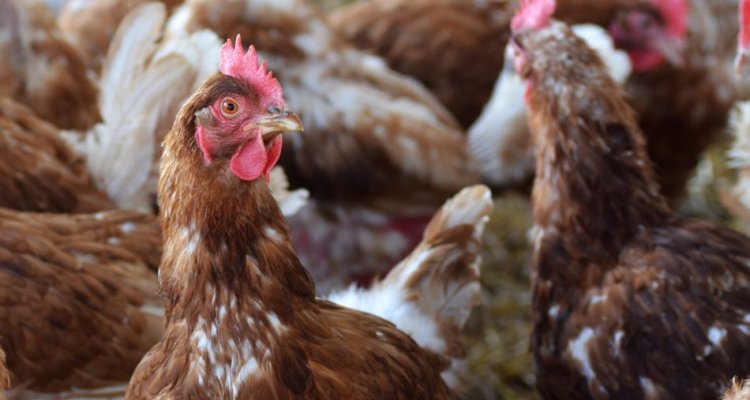
News
Improving animal welfare through understanding the genetics of behaviour
Martijn Derks and Pascal Duenk of the Animal Breeding and Genomics group (ABG) have been awarded a grant from the Dutch Research Council (NWO) under the Open Technology Programme 2024.
Their innovative project, “Found in Translation (FIT): Across-species Genomics for Improving Animal Welfare”, aims to leverage large-scale data on animal behaviour, powerful genomic tools, and AI technologies to enhance the welfare of farm animals.
Uncovering new genetic variation affecting animal welfare
“The behaviour of farm animals has a considerable impact on their welfare,” says Pascal Duenk, assistant professor at ABG. “Recent developments in automated recording with sensors, computer vision and AI have made it possible to measure such behaviours at the individual level and at a large scale. In the FIT project, we will use these measurements to study animal welfare by combining them with data from other well-studied species (such as humans and mice). Consequently, we will use AI-powered genomic tools to uncover new genetic variation affecting animal welfare.” The project will contribute to knowledge on the genetic background of behaviour, and the improvement of genetic selection for better social behaviour in pigs and laying hens.
Collaboration is key to success
The FIT project is a collaborative effort involving multiple institutions and industry partners. The project will use data from two ongoing research projects: the HentTrack project at the University of Bern and the IMAGEN project at Wageningen University & Research (WUR). The HenTrack project, led by dr Mike Toscano, focuses on automated tracking of laying hens in large groups, providing valuable data on individual activity patterns and health metrics. The IMAGEN project, led by dr Piter Bijma, makes use of computer vision and AI to phenotype behaviour traits in pigs and poultry. “These collaborations will provide extensive phenotypic and genotypic data, enabling the FIT project to closely study the genetics of welfare-related behaviours,” says Martijn Derks, lecturer at ABG. “The synergy between these projects and the involved industry partners (Topigs Norsvin and Hendrix Genetics) will significantly contribute to the success of the FIT project.”